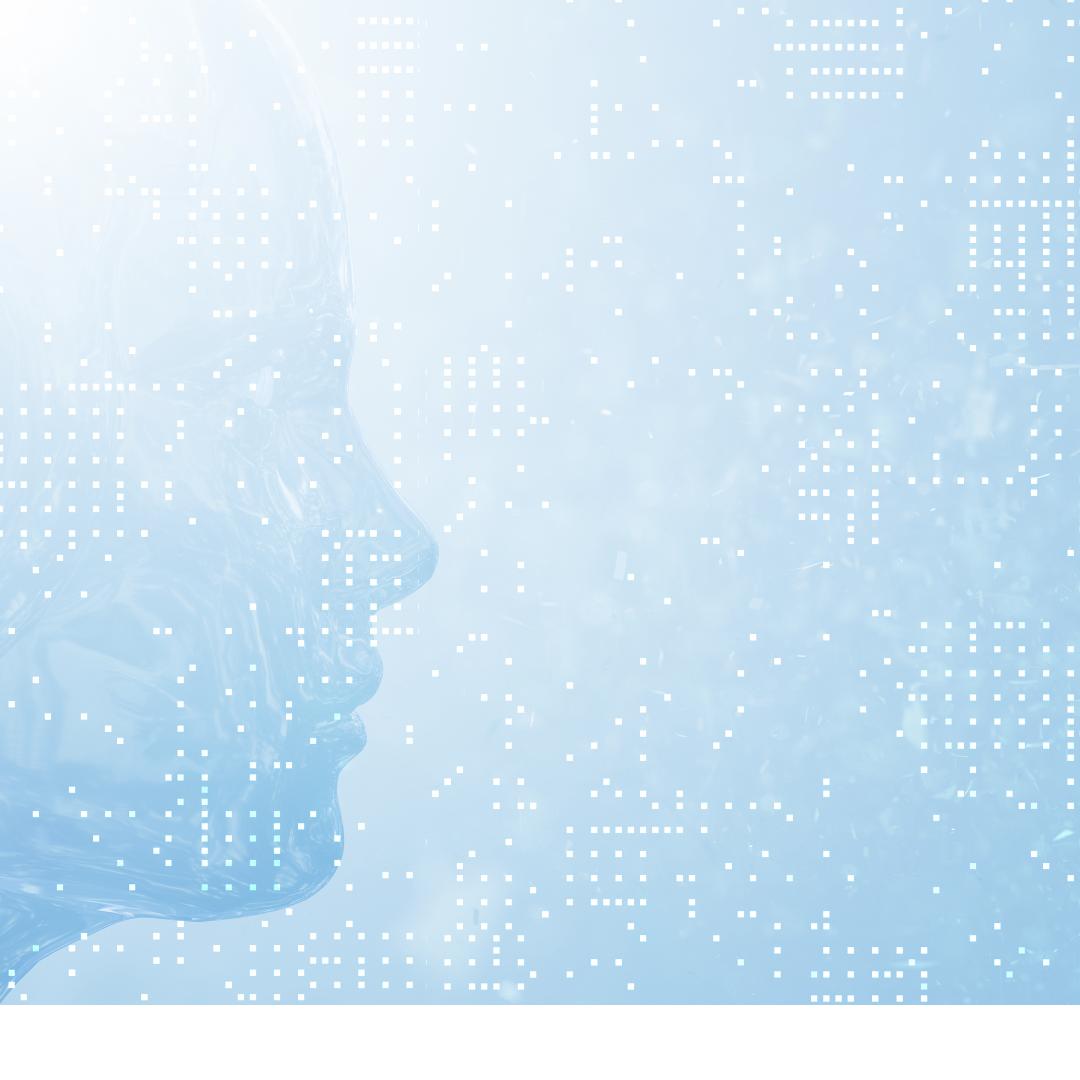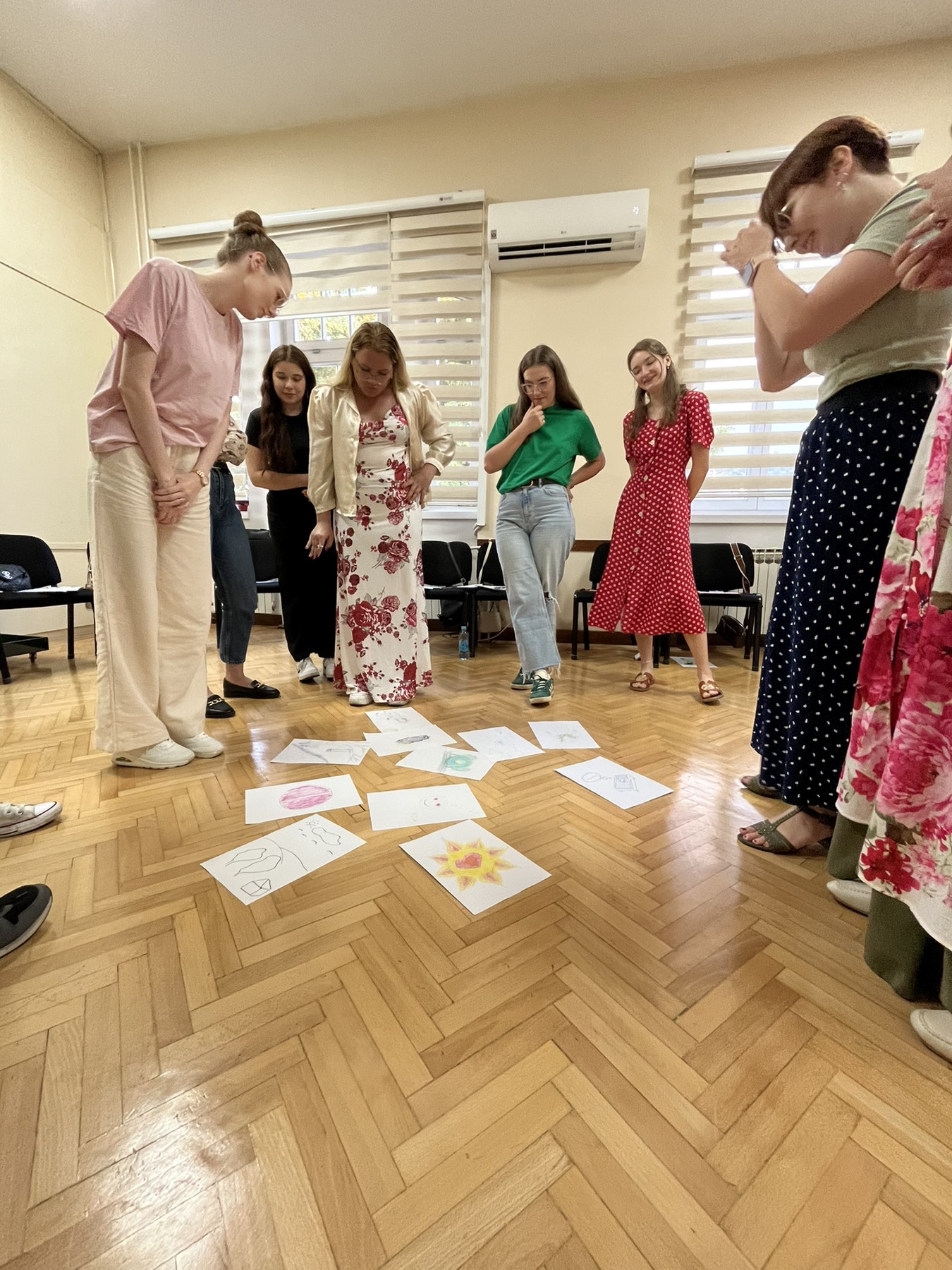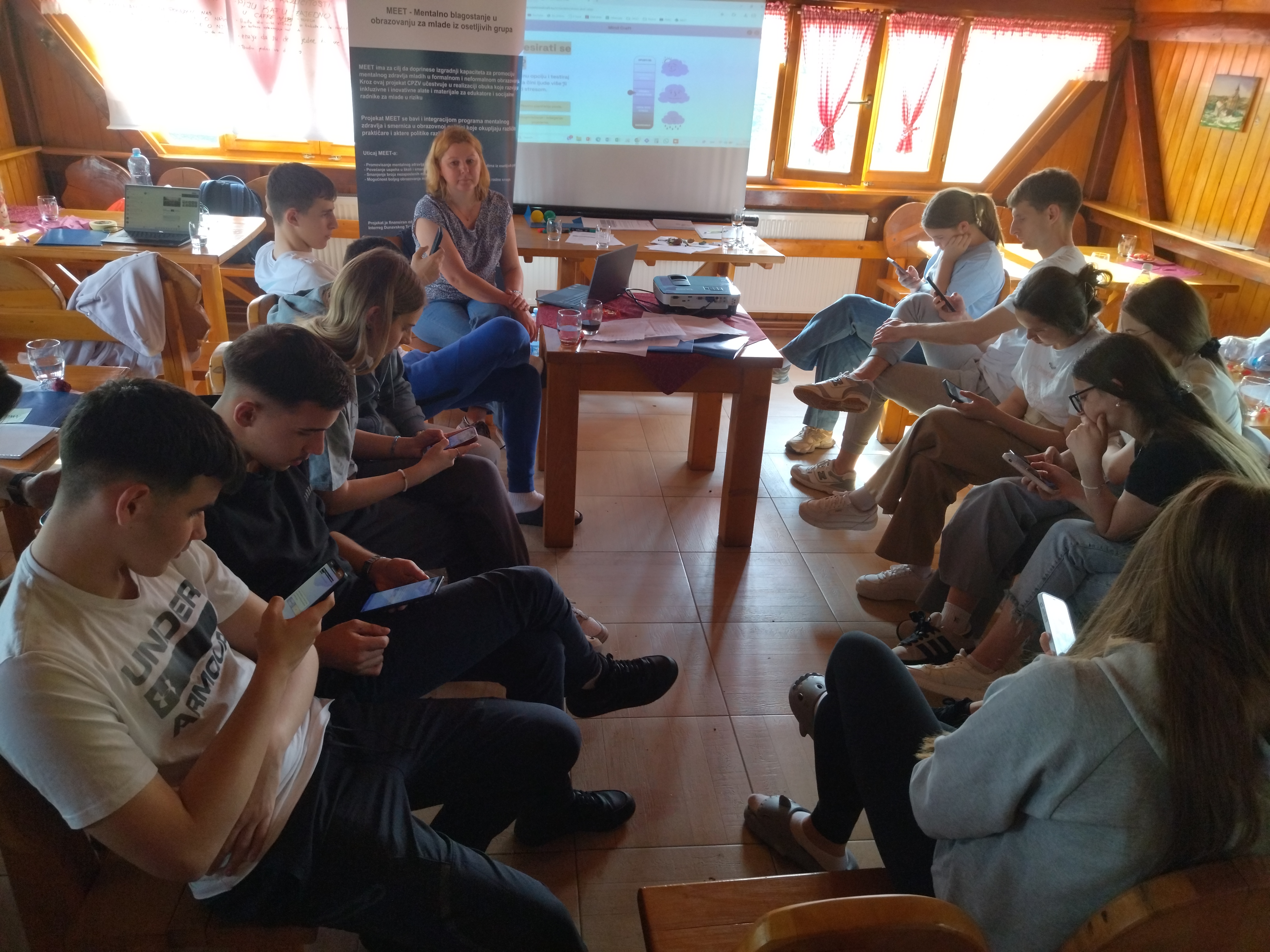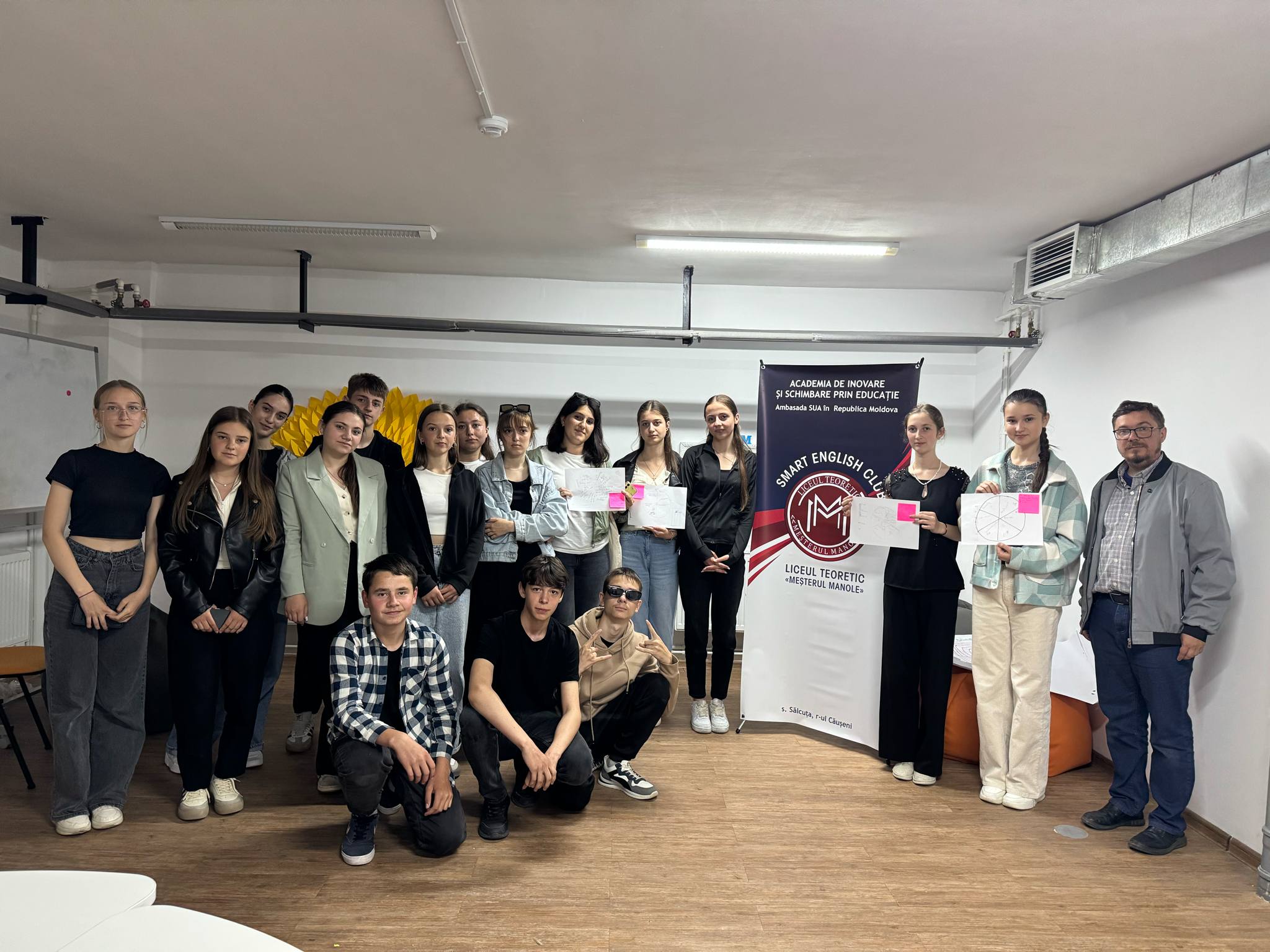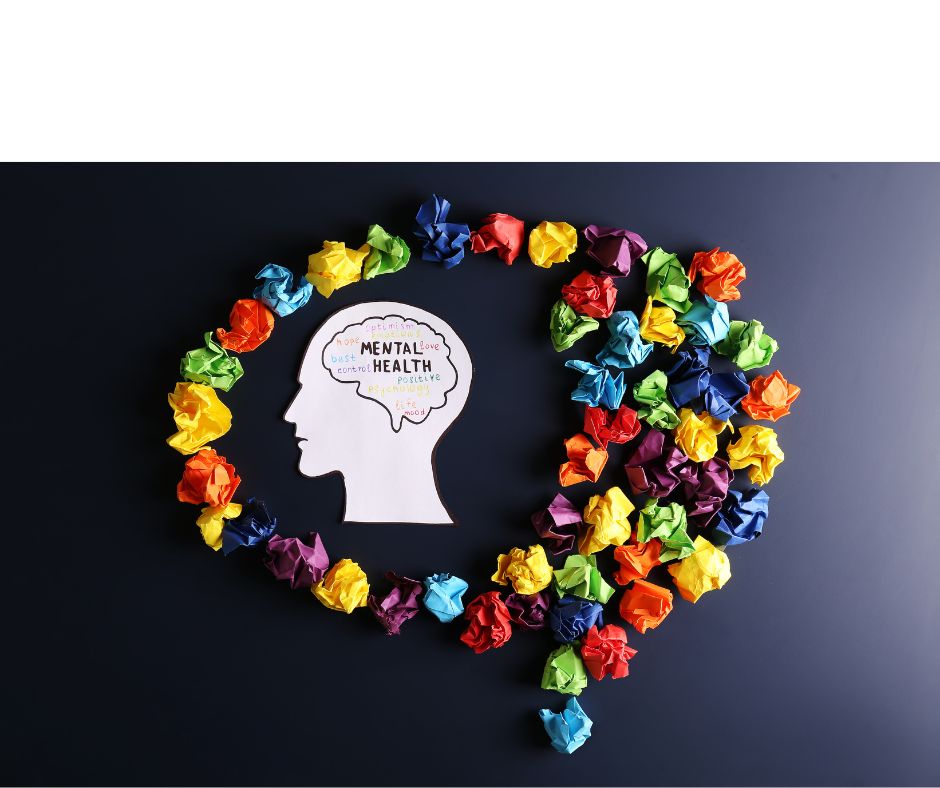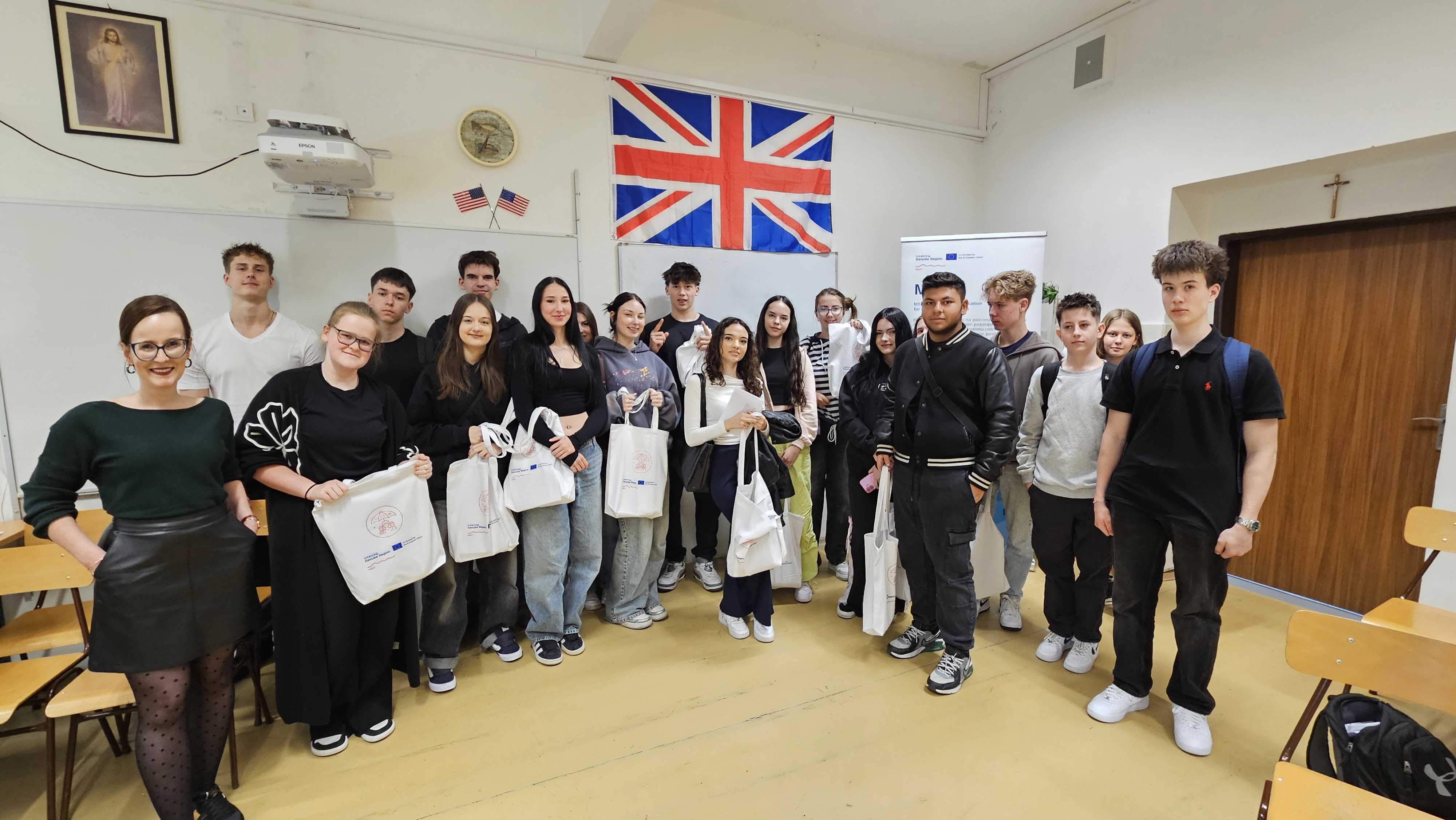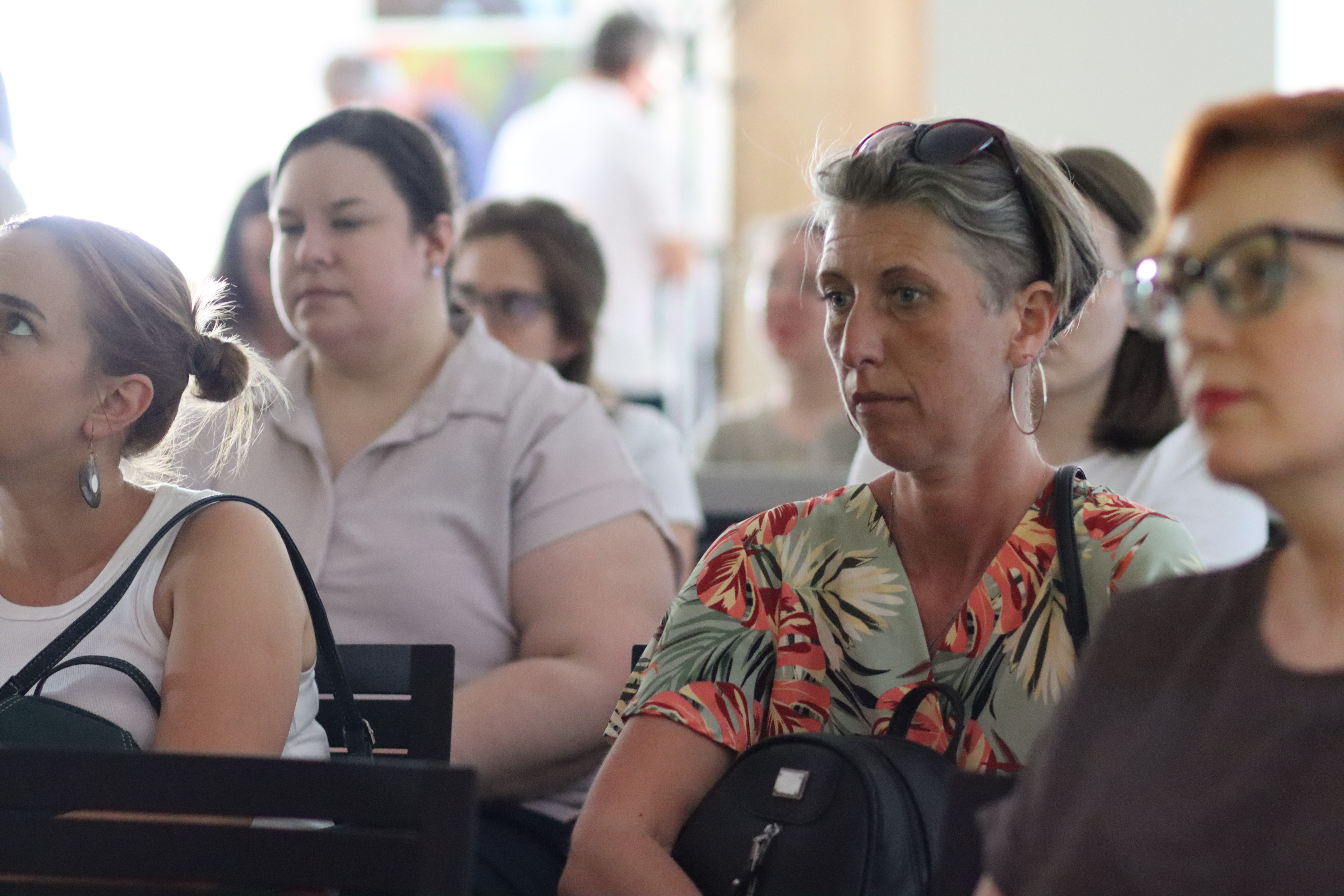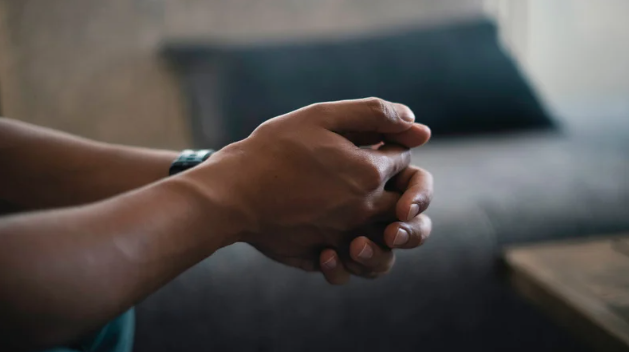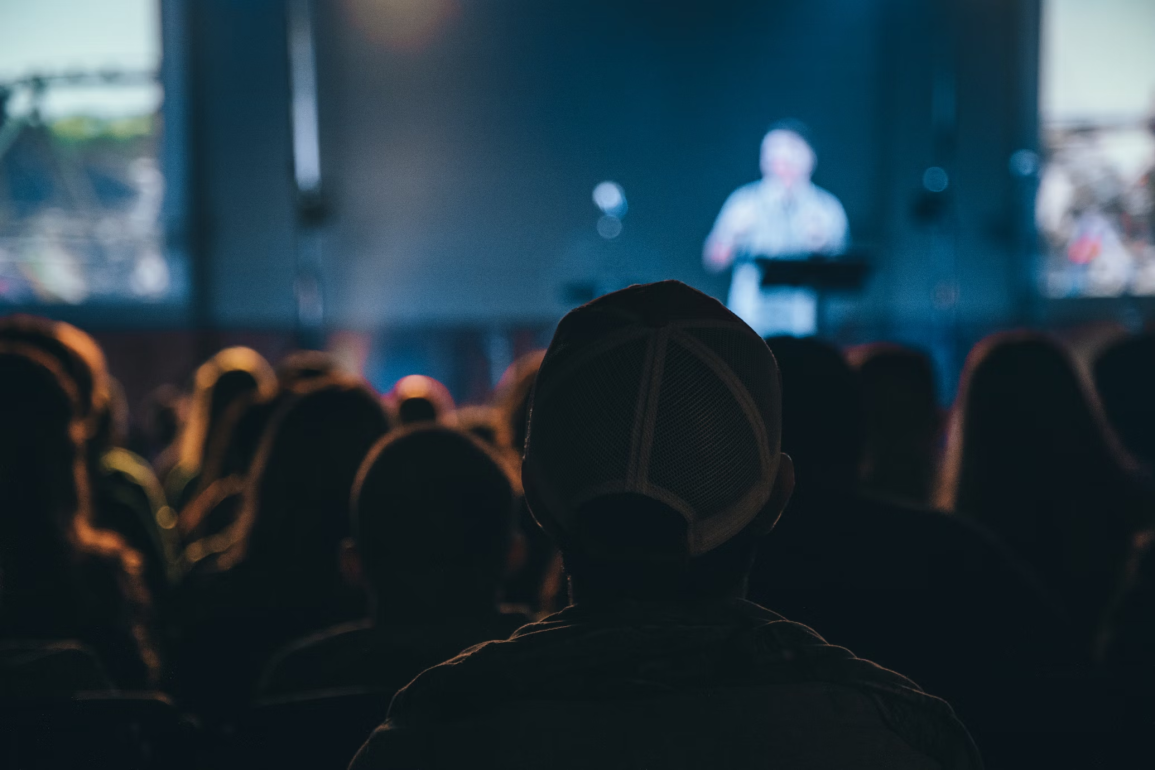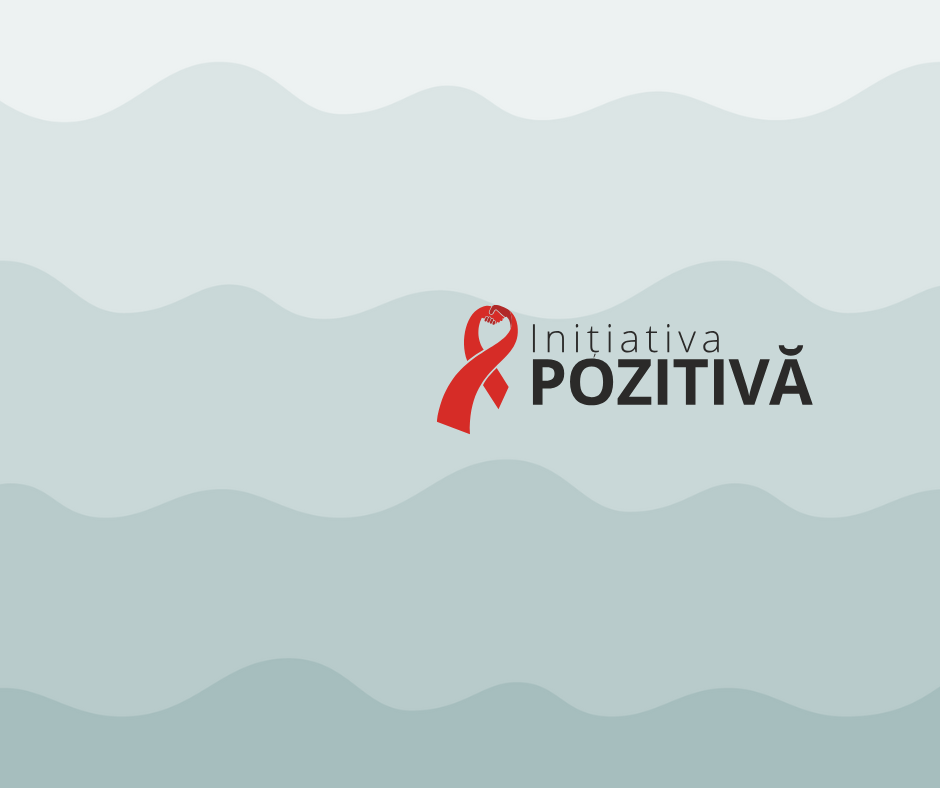
Best practice interview: Harm reduction services, Republic of Moldova
Interview with Oleg Botnari, Social worker at Initiativa PozitivaBriefly describe the program “Harm reduction services related to use of injected drugs” implemented by your NGO “Inițiativa Pozitivă” in 2021.
The “Positive Initiative” program provides integrated harm-reduction services for young injecting drug users through counseling, HIV/STI prevention, and medical referral in Moldova’s central and southern regions.
What specific challenges or issues does this program aim to address?
It addresses challenges such as limited access to healthcare, misinformation, stigma, and risky behaviors among youth who use drugs.
How does it make a difference in young people's lives?
By offering personalized support, raising awareness, and strengthening autonomy, the program improves young people's health outcomes, social reintegration, and long-term resilience.
What do you think are the key elements or principles that make your practice successful? How do you ensure it remains relevant and impactful for youth?
One key element of our success is the individualized support we provide, including personalized counseling and medical accompaniment based on each beneficiary’s needs. Another is the outreach-based approach, which brings services directly to vulnerable youth in their own communities, removing barriers to access. We ensure the practice remains relevant and impactful by continuously updating educational materials and involving both beneficiaries and their entourage in awareness efforts.
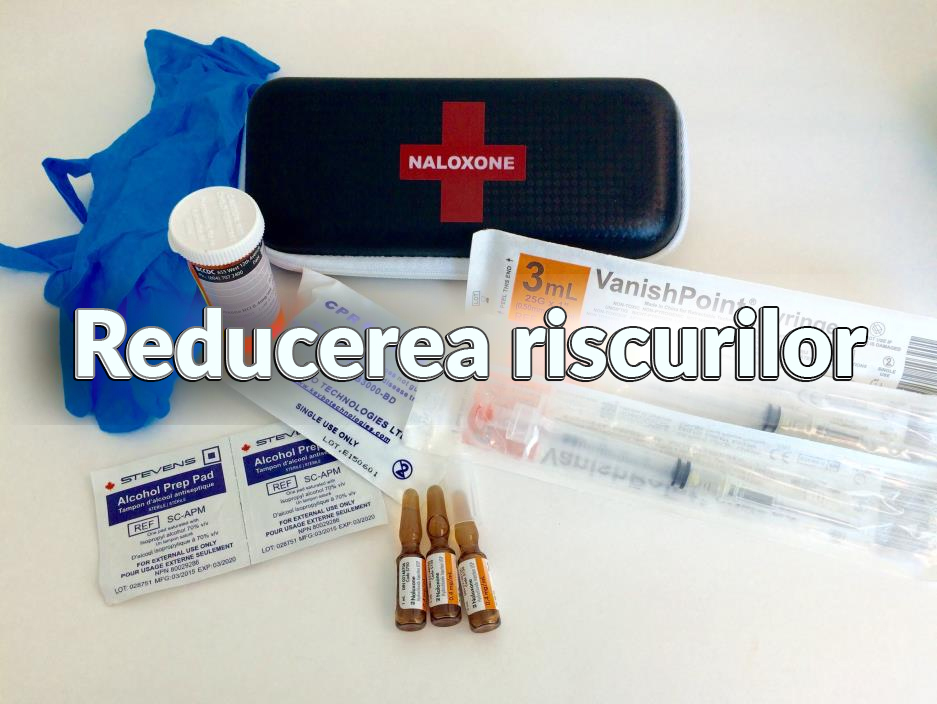
What were some of the biggest challenges that were faced in developing, running or engaging youth with this practice? How did you overcome them?
One unexpected challenge was the internalized stigma among beneficiaries, which made many reluctant to use their magnetic ID cards for accessing services. To address this, we built strong trust-based relationships through peer counselors and ensured full confidentiality, which gradually increased their willingness to engage. Another challenge was the low motivation and psychological fatigue of some young users, especially those in denial about their addiction. We responded by integrating motivational interviewing techniques and offering repeated, non-intrusive contact through mobile outreach teams until readiness for help emerged.
Could you please share a success story or impactful moment from your work that illustrates the power of this program?
One moment that truly illustrated the power of this initiative’s name was when a young man from Cahul, after receiving counseling and overdose prevention support, told us: “I thought harm reduction meant just giving up, but now I see it means staying alive while I learn how to take back control.” This simple realization captured the essence of the program’s title, not eliminating people’s struggles overnight, but reducing the harm while they build resilience and move forward safely. The name gave clarity and dignity to an approach that meets young people exactly where they are.
What has your experience and work with this program taught you is the most important thing for people working with youth to keep in mind when addressing mental health?
It taught us that the most important thing is to meet young people without judgment and at their own pace. Trust and consistency matter more than any message—only then will they open up about their real struggles.
If you had a magic wand and there was one change you could make globally today to improve youth mental health, what would it be?
If I had a magic wand, I would erase the shame that surrounds persons asking for help. No young person should ever feel weak for saying “I’m not okay.” Because once that weight is lifted, healing doesn’t feel like a battle—it feels like a beginning.
What message or piece of advice would you give to young people about maintaining good mental health based on your experience?
Take yourself seriously: your emotions, your struggles, your silence, they all matter. Mental health isn’t about being strong all the time, it’s about knowing when to pause, reach out, and let others walk with you. And remember: asking for help is not a weakness, it’s one of the bravest things you can do.
News & Events
Read the most recent updates and explore the upcoming events.

